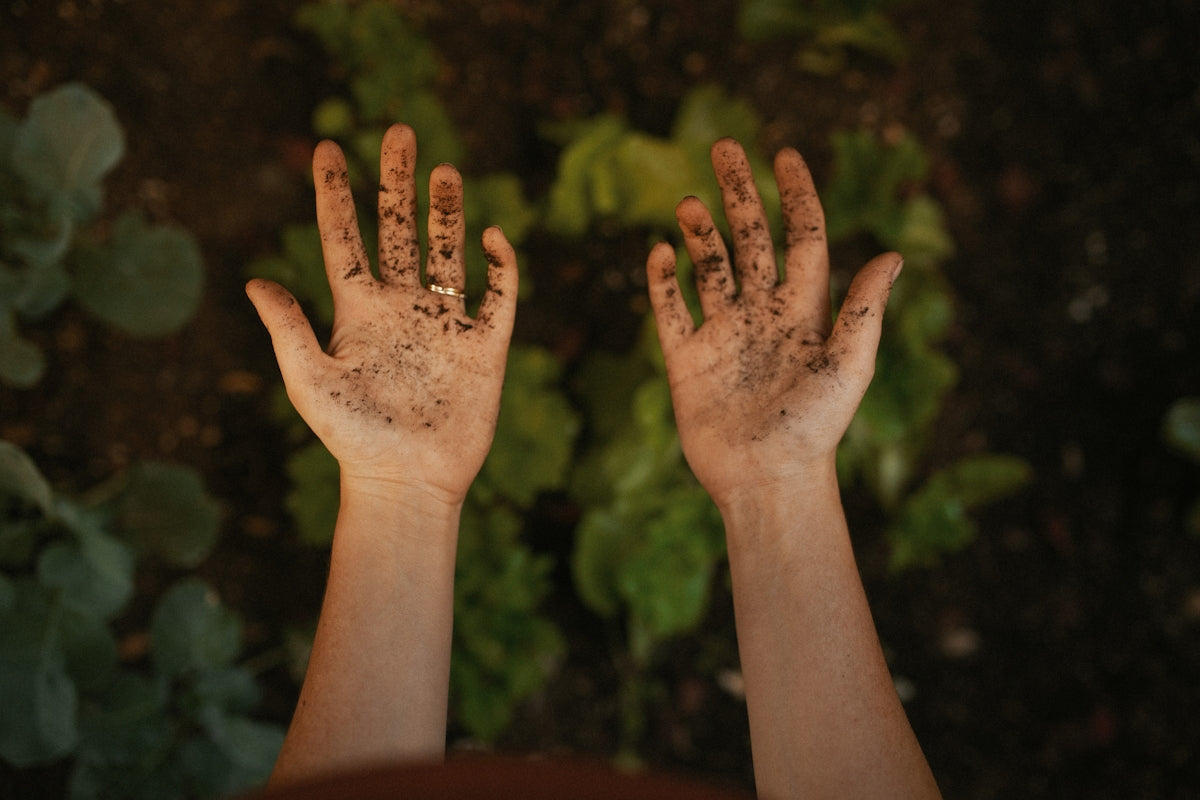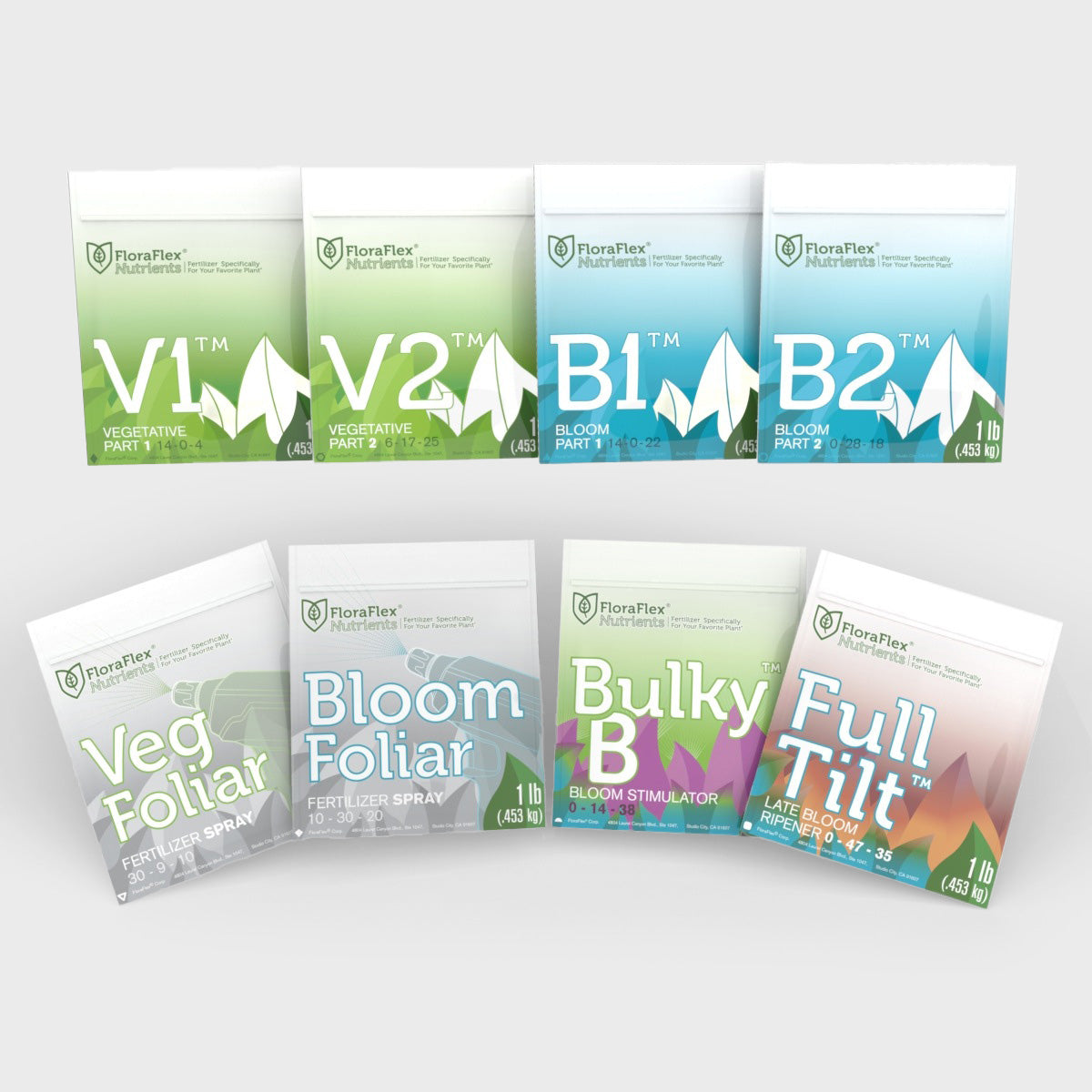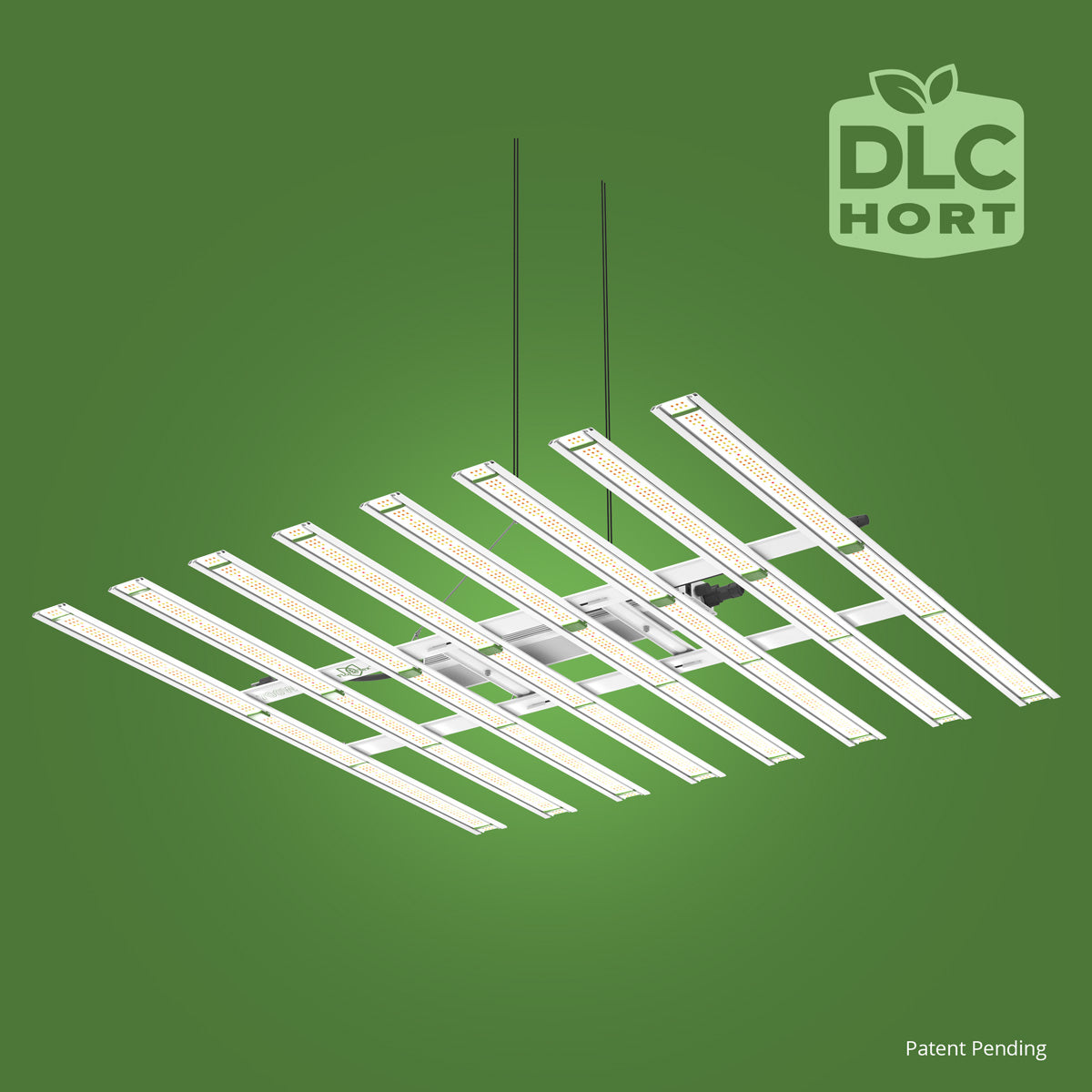Gardening is an immensely rewarding hobby, offering the satisfaction of nurturing plants and watching them grow. Yet, every garden enthusiast has, at some point, faced the frustration of dealing with pests. These unwelcome visitors can damage your plants, sometimes beyond repair. Fortunately, there are natural solutions available to help you manage these pest problems effectively while maintaining the ecological balance of your garden.
Understanding Common Pests
Before jumping into solutions, it's essential to identify the types of pests that are invading your garden. Common offenders include aphids, slugs, snails, caterpillars, and whiteflies. Each requires a unique approach for effective control.
Embrace Natural Predators
One of the best ways to manage pests naturally is by encouraging their natural enemies. Ladybugs, for example, are known to feast on aphids, while birds can help reduce snail and slug populations. Creating a habitat that attracts these helpful creatures is a step toward sustainable gardening.
Homemade Natural Sprays
Natural sprays can be a powerful tool in your pest control arsenal. Here are some easy-to-make sprays using common household ingredients:
- Garlic Spray: Blend two bulbs of garlic with water, let it steep overnight, then strain and dilute with water. This solution repels a variety of insects.
- Neem Oil Spray: Derived from the seeds of the neem tree, this oil disrupts the life cycle of insects, preventing them from reproducing.
Both garlic and neem oil sprays are safe alternatives compared to harsher chemical options. When applying these natural solutions, consider using the 1.5L Pump Sprayer for even distribution and ease of use.
Companion Planting
Certain plants can naturally deter pests when planted alongside your main crops. Marigolds, nasturtiums, and basil not only add beauty and diversity to your garden but also help keep unwanted insects at bay.
Maintaining Healthy Plants
Last but not least, remember that a healthy plant is less susceptible to pest invasions. Ensure your plants receive adequate water, nutrients, and sunlight. Regularly checking your plants for signs of distress can also help you catch a potential problem early before it becomes unmanageable.
Visit FloraFlex
For further tips and a range of tools to help you with your gardening journey, be sure to check out FloraFlex. With the right approach and resources, you can maintain a thriving, beautiful garden that stands strong against pest pressures.
Gardening naturally requires some patience and attentiveness, but it's worth every effort when you see your plants flourish healthily and naturally.
Happy Gardening!









